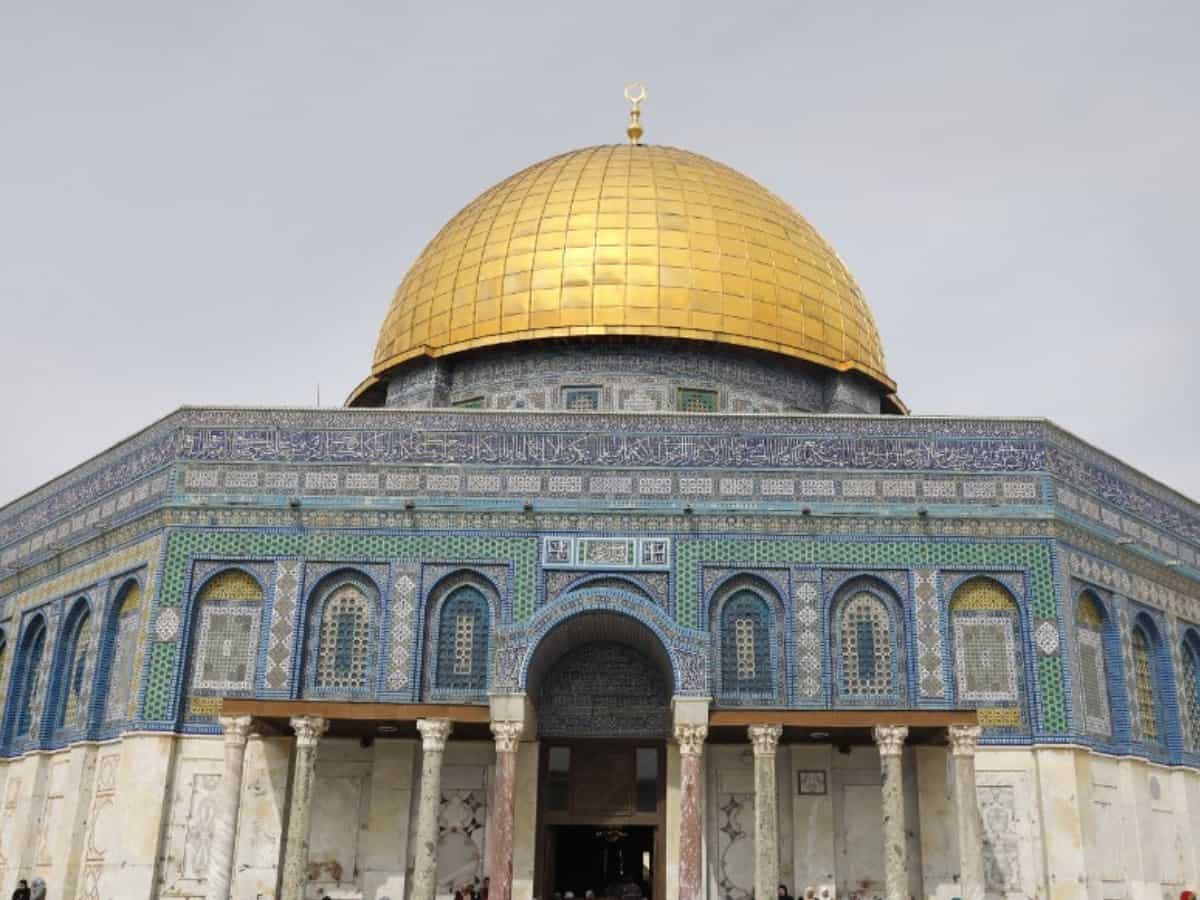
An Israeli court rejected a district court judge’s decision to challenge the legitimacy of the law prohibiting Jews from praying within the Al-Aqsa Mosque compound in occupied Jerusalem, which provoked Palestinian uproar.
Israel only allows Jews to enter the Noble Sanctuary of Al-Aqsa on the condition that they do not perform religious ceremonies, as has been the case for decades.
Three young Jewish men had appealed against the decision of the police to prevent them from accessing the Old City for 15 days after they conducted Jewish ceremonies there. On Sunday, the Jerusalem Magistrates Court determined that their conduct did not constitute a security violation.
This prompted protests from the Palestinian leadership, and threats from their armed forces, who demanded a promise from Israel to maintain the status quo over Al-Aqsa. On Wednesday, the state filed an appeal with the Supreme Court, which upheld the prohibition.
“The unique sensitivity of the Temple Mount [sic] cannot be exaggerated,” noted Judge Einat Avman-Moller in her verdict, referring to the Al-Aqsa Mosque compound by its Jewish name.
The judge went on to say that the right to freedom of Jewish religion “is not absolute” and that it “should be trumped by other interests, including the preservation of public order.”



